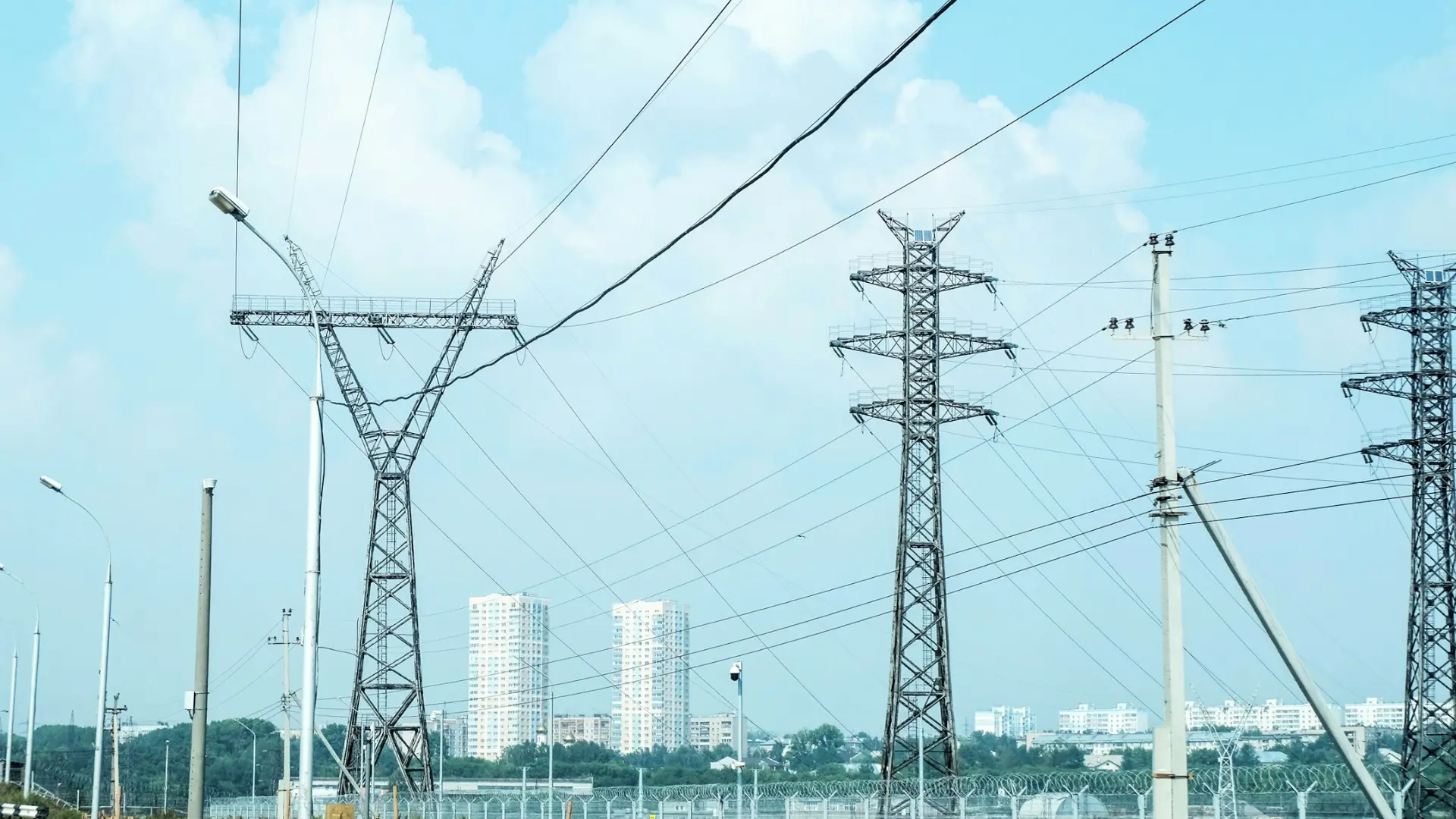Corporate Power Purchase Agreements (CPPA)
Access Reliable Power Without Direct Infrastructure Investment
A Corporate Power Purchase Agreement (CPPA) is a contractual arrangement between a Large Consumer or Bulk Power Consumer ( industrial facilities, economic zones) and a Merchant Power Plant (MPP)—enabling businesses to purchase electricity at negotiated rates without owning or maintaining the generation assets. This model is governed by Bangladesh’s Policy for Enhancement of Private Participation in the Power Sector, 2025, ensuring competitive, sustainable, and flexible energy procurement.

What is a CPPA?
- The MPP (which may use coal, imported gas, solar, wind, or other renewable sources) generates electricity and sells it directly to eligible consumers.
- The Large Consumer pays only for the power consumed, with tariffs negotiated bilaterally and reported to the Bangladesh Energy Regulatory Commission (BERC).
- The arrangement may involve wheeling power through the national grid (subject to BERC-approved charges) or dedicated connections.
Who is It Best For?
- Industries with high demand: Textiles, steel, economic zones (140MW+ at 230kV, 5MW+ at 11kV).
- Export-oriented businesses: Meet sustainability goals via RECs from Green MPPs.
- Large real estate/commercial complexes: Reduce reliance on grid power.
Why Choose CPPA?
| Benefits (Due) | Description |
|---|---|
| Competitive Tariffs | Negotiated rates (no fixed discounts) avoid reliance on subsidized grid tariffs. |
| Fuel & Technology Neutral | MPPs can use coal, renewables, or imported gas, solar and any other renewable energy source. |
| Grid Independence | Optional use of Power Grid Bangladesh’s transmission lines (with wheeling charges). |
| Ownership Options | Large Consumers may own MPPs or lease power from third-party plants. |
| Regulatory Compliance | Aligns with BERC tariffs, Grid Code, and SREDA’s Renewable Energy Certificates (RECs). |
| No GoB Guarantees | MPPs self-arrange fuel; GoB provides no purchase or price assurances. |
How Does It Work?
Feasibility & Negotiation:
- MPP and Large Consumer agree on tariffs, capacity, and contract terms (reported to BERC).
- Grid access: Wheeling arrangements finalized with Power Grid Bangladesh (if applicable).
Operation:
- Power delivered via grid or direct lines
- Excess energy (up to 20% of capacity) may be sold to Public Sector Power Utilities (PSPUs) at BERC-approved rates.
Implementation:
- MPP constructs the plant (may be owned by the consumer or a private investor).
- Dedicated connections bypass the grid; otherwise, wheeling charges apply.



